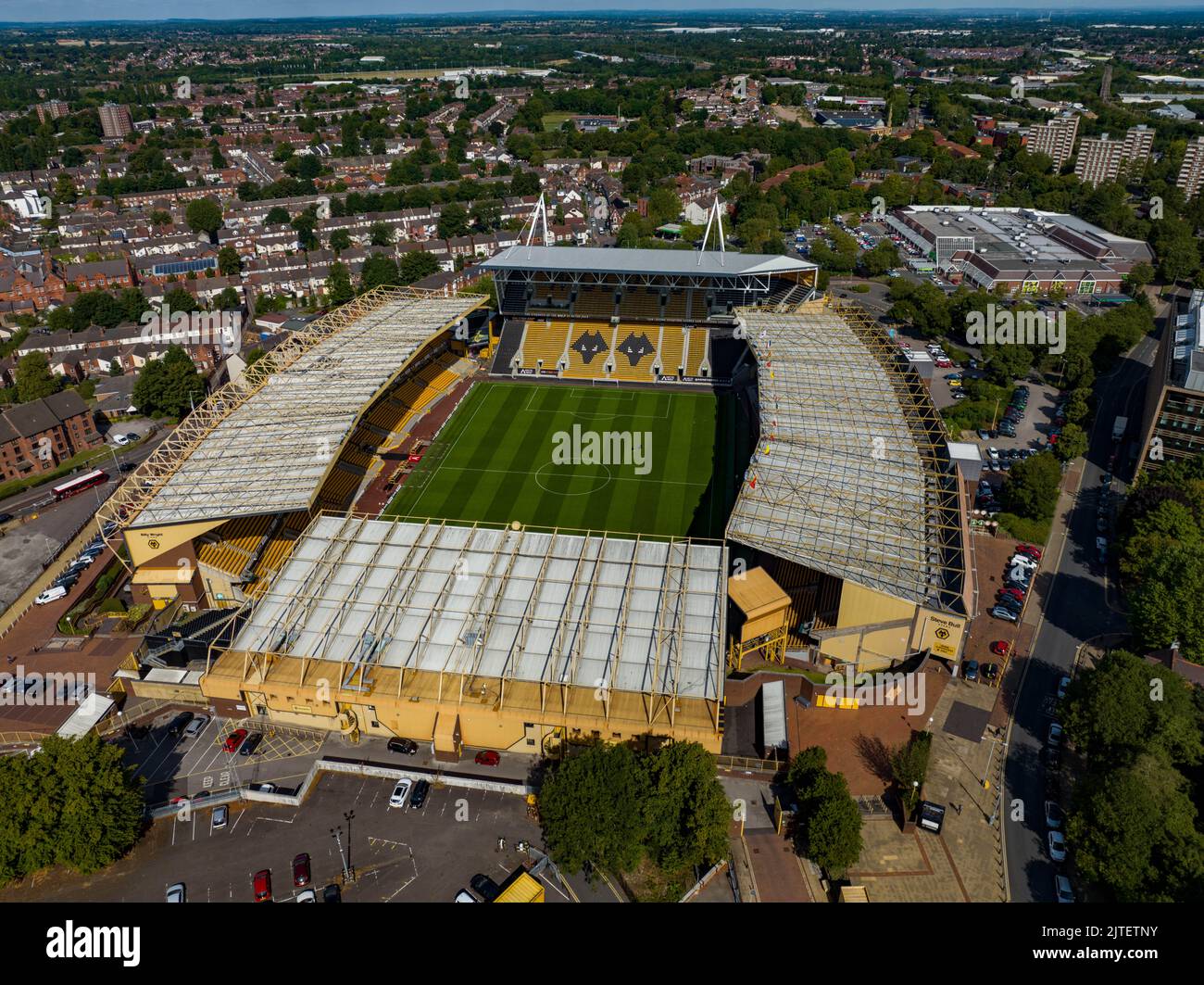
Introduction
The way people spend their holidays can vary dramatically based on their financial circumstances. With the travel industry rebounding post-pandemic, the differences between a rich holiday and a poor holiday have become more pronounced. Understanding these differences not only sheds light on social disparities but also on changing consumer behaviours in a recovering economy.
Defining Rich and Poor Holidays
A ‘rich holiday’ typically includes luxury accommodations, gourmet dining, and exclusive activities like private yacht rentals or personal tour guides. Think of destinations such as the Maldives or Aspen, where high-end experiences are a norm. In contrast, a ‘poor holiday’ might involve budget accommodations, thrift travel options, and attractions focused on affordability, such as camping trips or staycations within a few hours’ drive from home.
Current Trends in Holiday Spending
According to recent surveys, spending on travel has increased across the board as people seek to make up for lost holiday time. A report from the World Travel and Tourism Council (WTTC) indicates that travel spending for luxury vacations is up by 25% compared to pre-pandemic levels. Conversely, budget or economy travel options are also experiencing a surge, but with different motivators; many families are opting for more cost-effective solutions due to ongoing financial uncertainties.
Social Implications
The stark divide between rich and poor holidays also highlights broader societal issues, including income inequality and the impacts of inflation on leisure activities. Economists are warning that while affluent travellers may be insulated from financial crises, lower-income households are often forced to sacrifice family holidays entirely or settle for lower-quality experiences. A study from the Office for National Statistics revealed that nearly 40% of households earning below the median income forgo holidays altogether, while those with higher incomes travel at least twice a year.
Conclusion
As the travel sector continues to rebound, the differences between rich holidays and poor holidays remind us of the growing financial divide in society. The luxury travel market may thrive in the current environment, but budget-conscious alternatives are more important than ever for middle and lower-income families. Understanding these dynamics not only informs potential travel decisions but also highlights the importance of inclusivity and accessibility in the tourism sector moving forward. As we enter a new era of travel, bridging this gap may become crucial for fostering a more equitable travel experience for all.
You may also like

Discovering the Beauty and Culture of Norway

Exploring Monmouth: History, Attractions and Community
